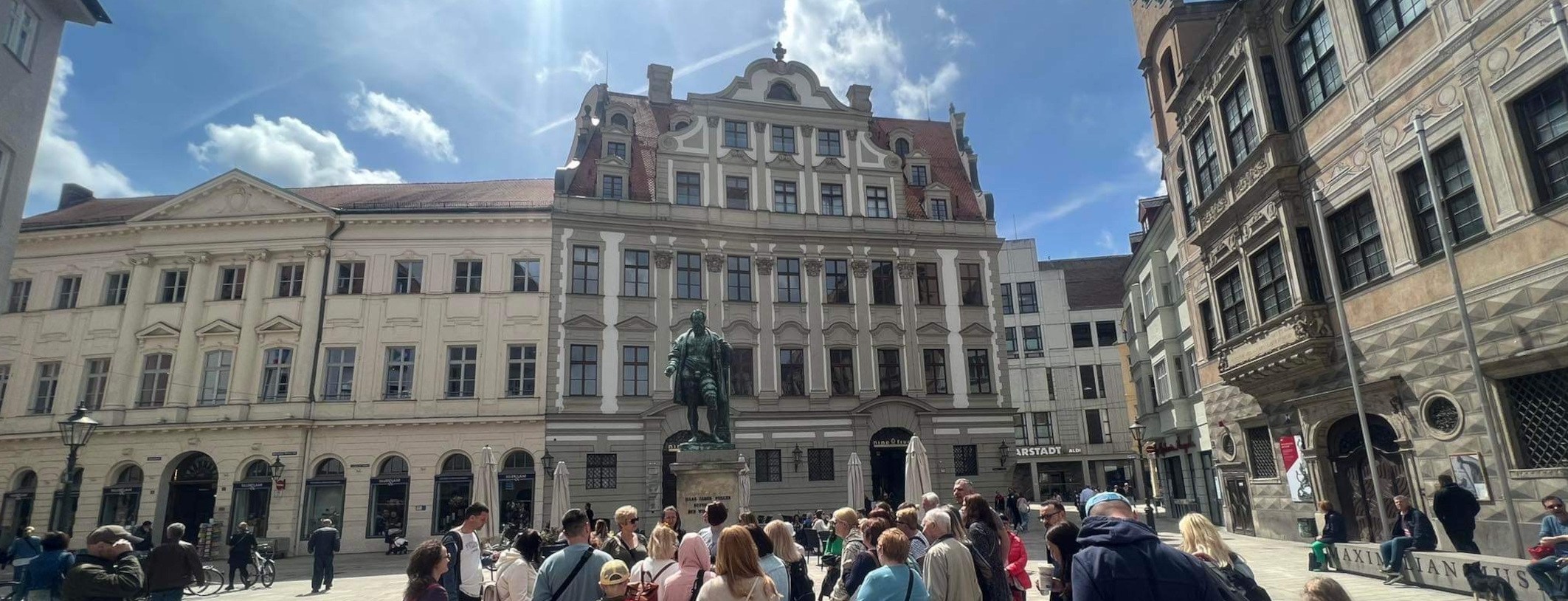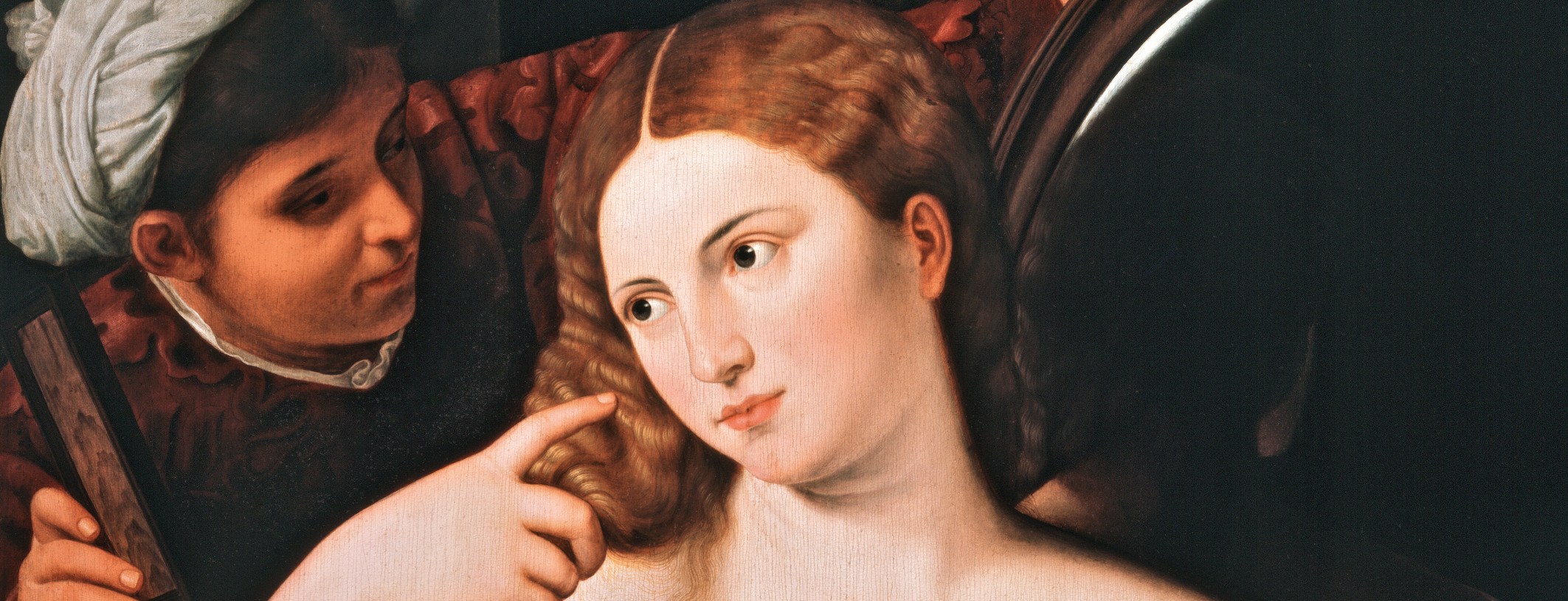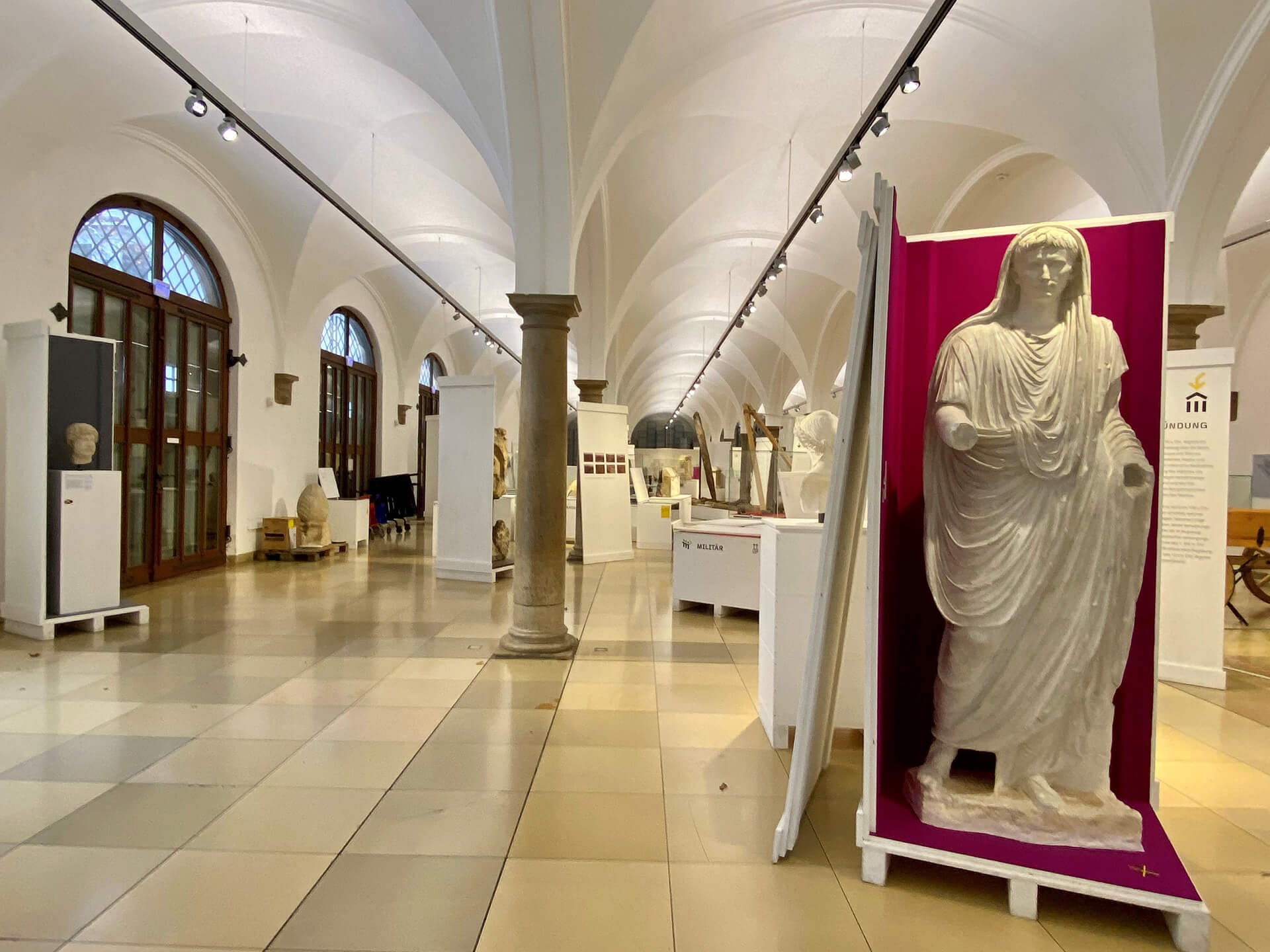

Missing StoriesForced Labour under Nazi Occupation.
An Artistic Approach.
14.11.2021–16.01.2022 im H2 – Zentrum für Gegenwartskunst im Glaspalast
“Missing Stories. Forced Labour under Nazi Occupation. An Artistic Approach“ ist ein länderübergreifendes künstlerisches Projekt, initiiert vom Goethe Institut Serbien und unterstützt von der Stiftung EVZ.
Künstler und Künstlerinnen aus Serbien, Montenegro, Albanien und Deutschland wurden von fünf Kuratierenden (Adela Demetja – Tirana Art Lab Tirana, Thomas Elsen – Kunstsammlungen & Museen Augsburg: H2 – Zentrum für Gegenwartskunst im Glaspalast, Sanja Kojić Mladenov – Museum für zeitgenössische Kunst der Vojvodina, Novi Sad, Una Popović – Museum für zeitgenössische Kunst Belgrad, Natalija Vujošević – Institut für zeitgenössische Kunst, Cetinje ) eingeladen, ein Werk zum Thema Zwangsarbeit im Dritten Reich zu entwickeln.
Die beteiligten Kunstschaffenden sind Christian Hörl (Deutschland), Burkhard Schittny (Deutschland), Aleksandar Zograf (Serbien), Milorad Mladenović (Serbien), diSTRUKTURA (Serbien), Dragan Vojvodić (Serbien), Ivan Salatić (Montenegro), Lenka Đorojević (Montenegro), Donika Çina (Albanien), Remijon Pronja (Albanien). Einige der Künstler*innen haben einen autobiographischen Bezug zur Thematik.
Im Rahmen einer großen Tourneeausstellung wurden und werden die Arbeiten in den Herkunftsländern der Künstler*innen 2020/2021 gezeigt: In Belgrad und Novi Sad (Serbien), in Tirana (Albanien), Podgorica (Montenegro), Augsburg und Berlin (Deutschland).
Infos zum gesamten Projekt sowie den beteiligten Künstlerinnen und Künstlern (in Englisch): missingstories.unilib.rs
Facebook / Instagram / Twitter / Goethe-Institut / EVZ
“Missing Stories. Forced Labour under Nazi Occupation. An Artistic Approach“ is a joint artistic project initiated by Goethe-Institut in Serbia with support of the EVZ foundation. 10 artists from Serbia, Montenegro, Albania and Germany are carefully selected by 5 curators (Dr. Thomas Elsen – The Art Collections & Museums of Augsburg: H2 – The Centre for Contemporary Art, Augsburg, Dr. Sanja Kojić Mladenov – The Museum of Contemporary Art of Vojvodina, Novi Sad, Una Popović – The Museum of Contemporary Art, Belgrade, Adela Demetja – Tirana Art Lab, Tirana, Natalija Vujošević – Institute of Contemporary Art, Cetinje) to join the project and to deal artistically with its main theme – forced labour in Third Reich.
Forced labour during the German occupation of the Balkans is insufficiently reflected in the collective consciousness, for the relevant documentation is scant, no events or debates commemorating it are held, and in history textbooks that sad chapter of European history almost plays no part at all. On the other hand, numerous families remember the fate of their grandparents who were engaged in forced labour in Nazi Germany, be it in factories or in agricultural work. Owing to this, the destinies of forced labourers are very much present in the individual memories of the current generation, especially among artists and intellectuals.
The artists participating (some of them with ancestors engaged in forced labour in Germany) in the project are: Burkhard Schittny (Germany), Christian Hörl (Germany), Saša Rakezić aka Aleksandar Zograf (Serbia), Milorad Mladenović (Serbia), diSTRUKTURA (Milica Milićević and Milan Bosnić – Serbia), Dragan Vojvodić (Serbia), Ivan Salatić (Montenegro), Lenka Đorojević (Montenegro), Donika Çina (Albania), Remijon Pronja (Albania). Their works have been created through the use of different media – from photography, through acrylic paintings to audio-visual installations.
The art pieces will be exhibited in the origin countries of the artists within a tour exhibition during 2020 in the following order: in Serbia (Belgrade, Novi Sad), Albania (Tirana), Montenegro (Podgorica) and Germany (Berlin, Augsburg).





